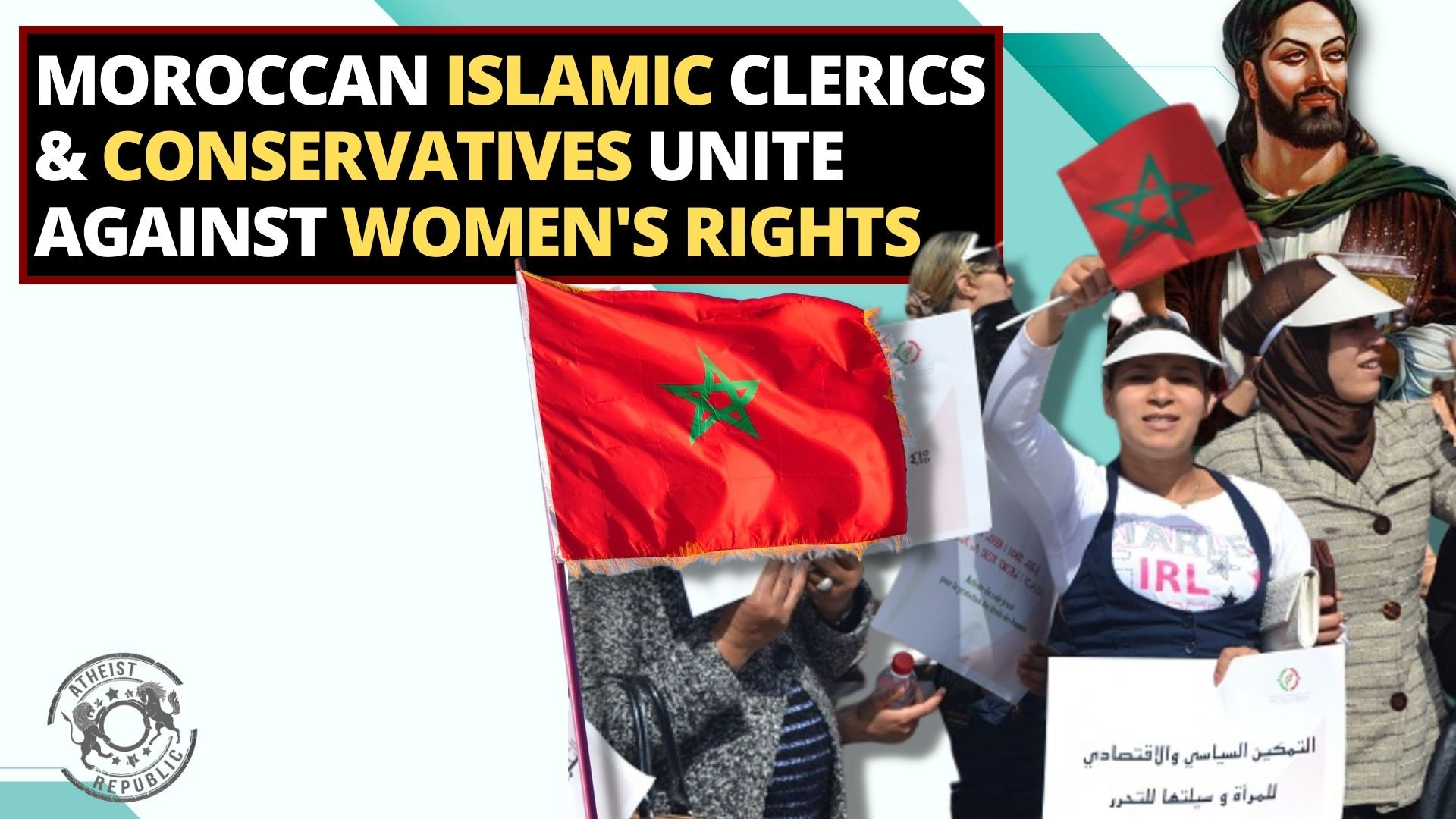
After a group of women’s rights associations in Morocco united and launched a campaign called “It's Time to Change the Law" to fight for equal rights, Islamic clerics and conservative social media influencers also banded together to oppose this campaign.
On May 2, 2023, several women’s rights activists and organizations unveiled the campaign to call for changes in Morocco’s laws, notably its Family Code and Family Law, to align with the country’s constitution and international obligations regarding women’s rights.
#BghathaLwa9t #نبدلو_القانون pic.twitter.com/t2uH9NsumT
— Moroccan Outlaws 490 (@MoroccanOutlaws) May 3, 2023
Morocco is a signatory of many international treaties and conventions tackling women’s rights, such as the Convention on the Elimination of All Forms of Discrimination against Women (CEDAW) and the International Covenant on Civil and Political Rights (ICCPR).
According to a report by the Moroccan media website Le12.ma, under the hashtag #BghathaLwa9t, the campaign seeks to address various social issues concerning women in Morocco, from abortion and marriage to custody and domestic violence.
The producer and director of the “It’s Time to Change the Law” campaign, Sonia Terab, also said eight prominent TV stars and well-known social media influencers in Morocco participated in the campaign to amplify women’s voices and experiences by providing impactful testimonies about experiences of women in Morocco amidst the silent suffering many victims had to go through.
"If we have #genderequality in the family, the entire narrative will change, it is a paradigm shift.” Activists Asmae & Mariam share why family law reform is foundational to achieving equality in Morocco & globally.#FreeOurFamilyLaws @adfm_morocco https://t.co/SZqYdOGyGf
— WLP (@WLP_intl) May 16, 2023
But this campaign, despite having the support of the United Nations Entity for Gender Equality and the Empowerment of Women (UN Women), received backlash and opposition from conservative social media influencers and Islamic clerics, who felt that the campaign’s recommendations might threaten traditional Islamic values and Sharia in the North African kingdom.
The Islamic clerics and social media influencers, who were all male, expressed their strong reservations and opposition against the campaign using various tactics. Aside from rejecting the campaign outright, they condemned its supporters and organizers and even questioned their motives and funding. They also attempted to demonize the campaign’s objectives, claiming that they subverted Morocco's Sharia law and family values.
For instance, Moroccan cleric Muhammad Abu Hatem strongly opposed the campaign’s recommendations to repeal the country’s male guardianship laws, saying the move “would be disastrous and will have dangerous implications."
Another Islamic cleric, Sheikh Abdellah Nhari, denounced the campaign and its recommendations, accusing its proponents of targeting "the last stronghold of the ummah," referring to family laws in Islam.
Aside from Islamic clerics, conservative Moroccan influencers also jumped in on the issue. One conservative YouTuber, Hicham Bouanani, uploaded a video where he accused the organizers of the campaign of "waging an intense war against Islam and the fundamentals of the Ummah."
Although improvements have been made on the issue of women’s rights in Morocco, especially after the kingdom gained independence from France in 1956, more work needs to be done, and conservative Islamic and patriarchial attitudes toward women’s roles in society remain widespread in the country.
